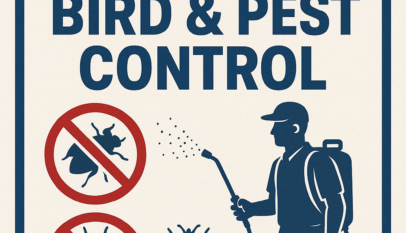
Adults with autism often seek programs that foster independence, social integration, and skills applicable to daily life. These programs provide tailored support, addressing unique challenges and enhancing quality of life for individuals. They may vary widely, including vocational training, social skills workshops, and community involvement initiatives.
Such programs are designed to promote personal development and create opportunities for meaningful engagement. Many adults find that structured environments help them thrive while building essential skills that can lead to greater autonomy.
Connecting with others who share similar experiences also plays a crucial role in these programs, reducing feelings of isolation. Adults with autism benefit significantly from programs that provide a supportive community, fostering friendships and collaboration.
Understanding Autism Spectrum Disorder
Autism Spectrum Disorder (ASD) is a complex developmental condition that varies widely in presentation and impact. This section explores its definition and the nuances of adult diagnosis and support.
Defining Autism
ASD is characterized by challenges in social communication and repetitive behaviors. It is classified as a spectrum because it manifests differently in each individual.
Common features include:
- Social Interaction Difficulties: Challenges in understanding social cues and engaging in typical conversations.
- Repetitive Behaviors: These may involve specific routines, interests, or movements.
- Sensory Sensitivities: Individuals may have heightened or reduced sensitivity to sensory input like sound or light.
The diagnostic criteria include symptoms present from early childhood, even if they become more apparent as the individual advances in age.
Adult Diagnosis and Support
Diagnosing ASD in adults can be challenging due to a lack of awareness and understanding in various systems. Many adults may have gone undiagnosed in childhood because of subtle symptoms.
Support options include:
- Therapy: Various therapies, such as cognitive-behavioral therapy, can help with social skills and emotional regulation.
- Support Groups: Connecting with others on the spectrum can provide community and shared experiences.
- Workplace Accommodations: Employers may offer flexible hours or modified tasks to help individuals thrive.
Access to resources is critical for adults with ASD to achieve personal and professional goals.
Programs and Resources for Adults with Autism
Various programs and resources exist to support adults with autism in areas such as employment, independent living, social skills, and community inclusion. These services play a crucial role in enhancing quality of life and promoting autonomy.
Employment and Career Support
Employment programs for adults with autism focus on skill development and job training. These initiatives often include vocational assessments to understand individual strengths.
Participants may receive hands-on training in specific fields, such as technology, arts, or trades.
Organizations frequently partner with local businesses, facilitating job placements that provide a supportive environment. Resources like job coaches help individuals navigate the workplace, ensuring they have the necessary tools for success.
Independent Living Programs
Independent living programs are designed to help adults with autism develop the skills needed for daily life. These programs often teach financial management, cooking, and personal care.
Participants learn how to manage household responsibilities, which fosters independence.
Many programs include group living arrangements where individuals can practice these skills in a supportive setting. Access to mentors or peer support can enhance the learning experience, providing guidance and encouragement.
Social Skills Workshops
Social skills workshops cater to adults with autism by offering structured environments for practice. These workshops focus on communication, relationship-building, and conflict resolution.
Participants engage in role-playing scenarios to develop practical skills.
The workshops often emphasize real-life situations, helping individuals navigate social interactions confidently. Additionally, feedback from facilitators helps participants refine their skills and boost self-esteem.
Community Inclusion Initiatives
Community inclusion initiatives aim to integrate adults with autism into social and recreational activities. Diverse programs provide opportunities for engagement in arts, sports, and volunteering.
These initiatives foster a sense of belonging while promoting interaction with peers.
Local organizations often host events that encourage participation, such as art exhibits or sports leagues specifically tailored for adults with autism. Engaging in these activities can significantly enhance social connections and reduce feelings of isolation.
Sympathy Flowers: Meaningful Gestures for Comfort and Support
Sympathy flowers serve as a heartfelt gesture during times of loss and grief. They provide…








